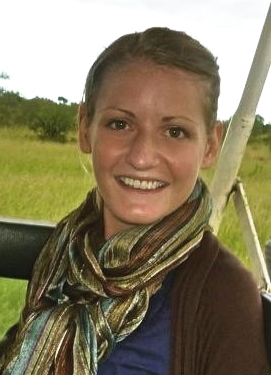
Professor Imogen Taylor, University of Sussex, reports on the first seminar in a new series hosted by the Social Care Workforce Research Unit at which she was discussant. (332 words)
Professor Marion Bogo from the University of Toronto Faculty of Social Work gave the first of the new Social Work Seminar Series at King’s College London on Tuesday 5 May on the topic of the use of the OSCE, an Objective Structured Clinical Exam, in social work.
The invited audience for this virtual seminar [these are Prof Bogo’s presentation slides] came from social work policy, education, research and practice, including key members of stakeholder groups, to hear about the use of the OSCE in North America and debate its application to social work in England. We learned that the OSCE was initially developed in medical education in the 1970s in Scotland and has been adopted by other health related professions. In North America, it is now being piloted and researched in social work. The essence of the social work OSCE is two-fold: first, practice competence is directly observed and assessed in 15-minute simulated interviews with standardised clients/users played by actors trained to enact the role of a client scenario; second, immediately post-interview, ‘meta-competences’ are assessed in a rating of the students’ critical reflection on their practice, how they linked theory to practice and what they planned to take forward from the experience. Continue reading
